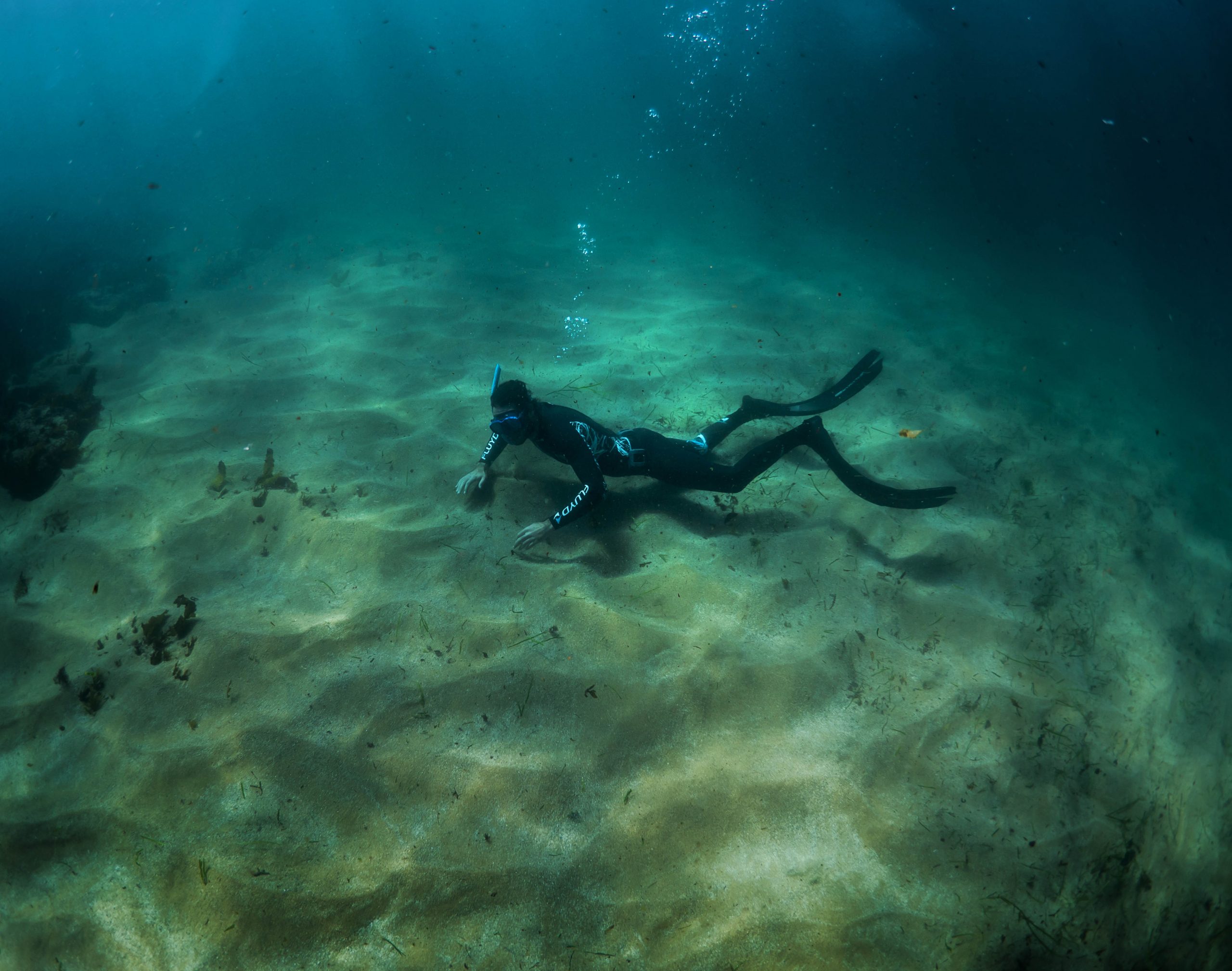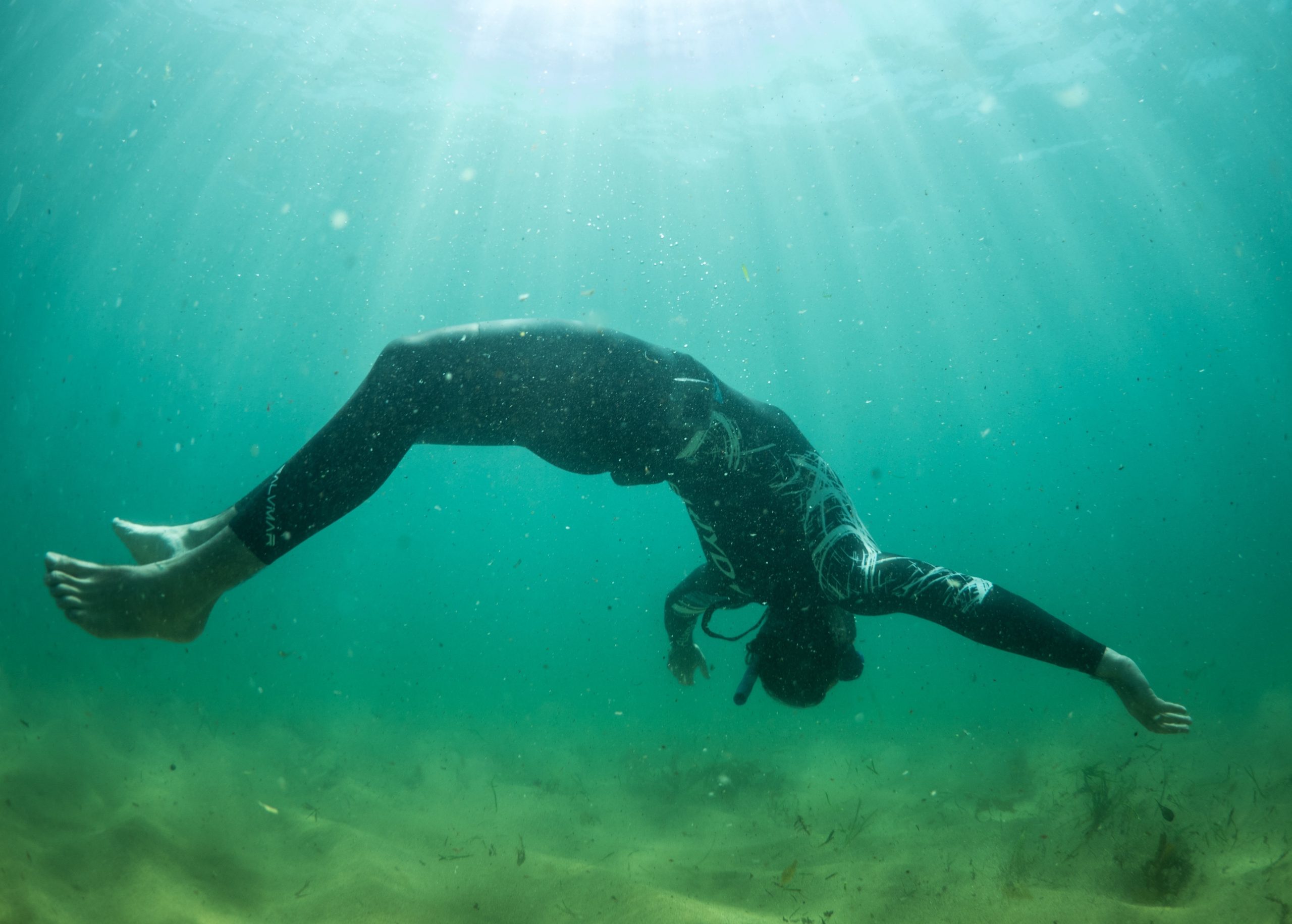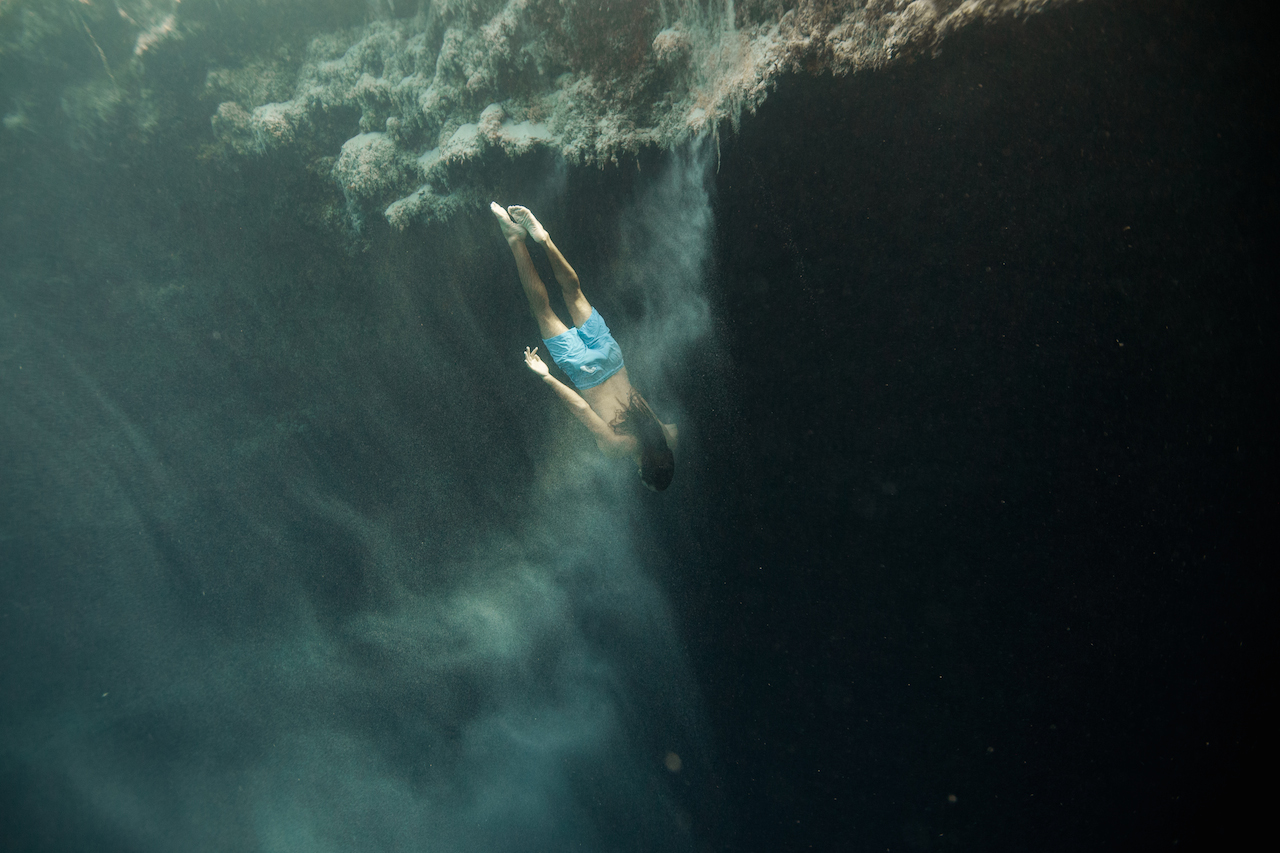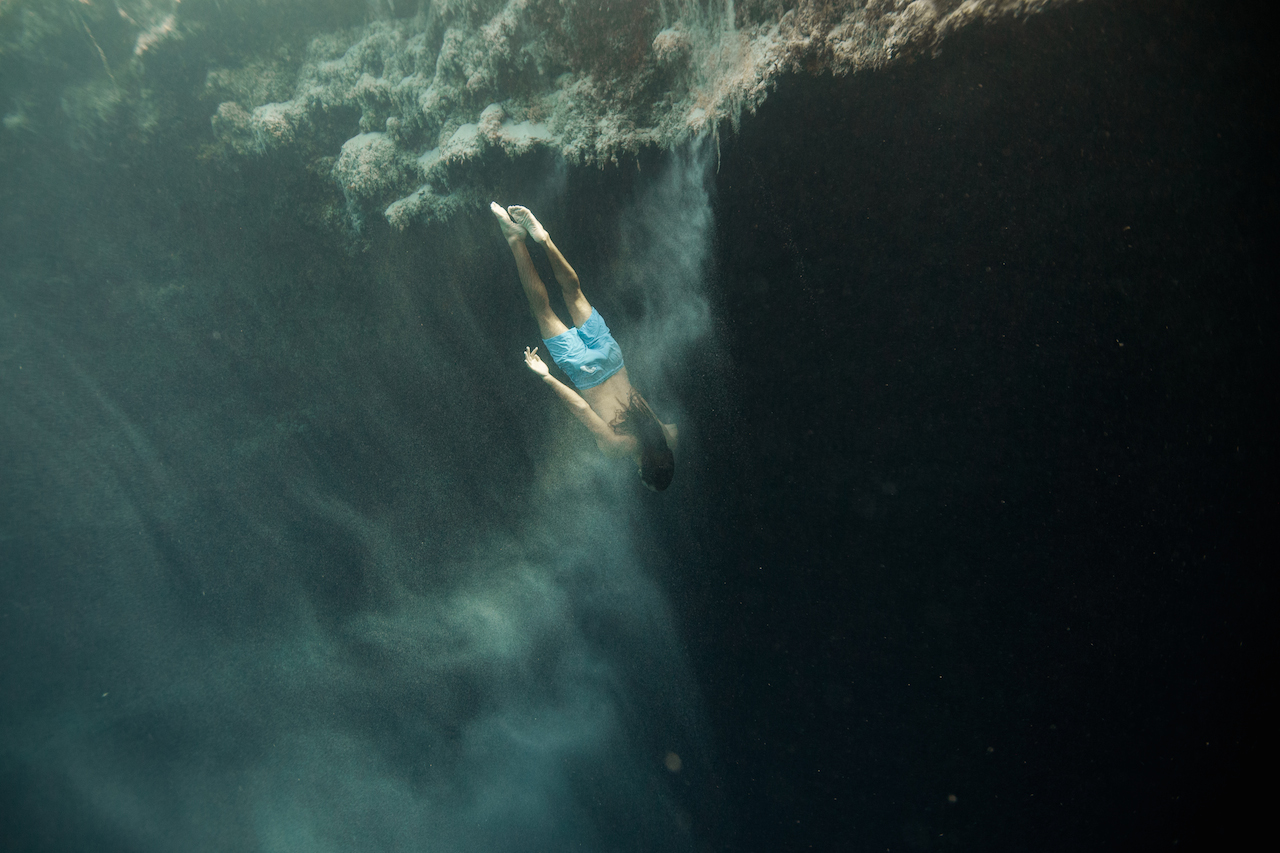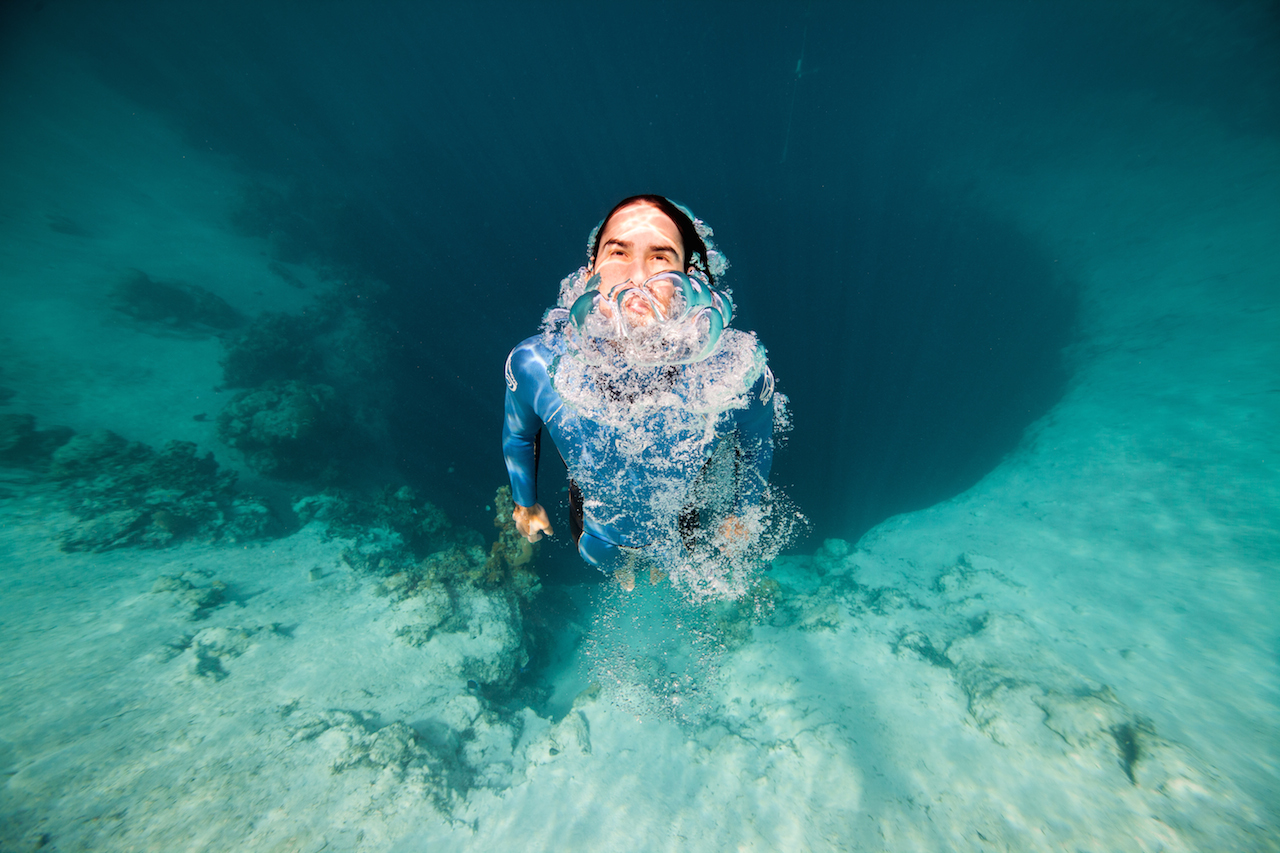Posted at 21:42h
in
Safety

“But isn’t that dangerous?” I get asked all the time when I tell people that I freedive. “Not at all,” I tell them as I try not to sigh. Or at least, not for the reasons they think it is.
What people seem to think is most dangerous about diving deep is running out of oxygen. But ‘blacking out’ is the least of our worries. Once a diver has depleted enough of their oxygen and falls unconscious there are still several minutes before the onset of any kind of brain damage. And believe it
 When it comes to freediving safety:
How to breathe before a dive?
How to provide safety to your buddies?
When to return to the surface?
How to avoid dive accidents?
How to rescue a blackout?
How to prevent a blackout?
All these topics and protocol are equally important and together offer us guidelines that keep us safe when we dive but there is something that I feel doesn’t get as much attention as it deserves in the diving community and that is
When it comes to freediving safety:
How to breathe before a dive?
How to provide safety to your buddies?
When to return to the surface?
How to avoid dive accidents?
How to rescue a blackout?
How to prevent a blackout?
All these topics and protocol are equally important and together offer us guidelines that keep us safe when we dive but there is something that I feel doesn’t get as much attention as it deserves in the diving community and that is


